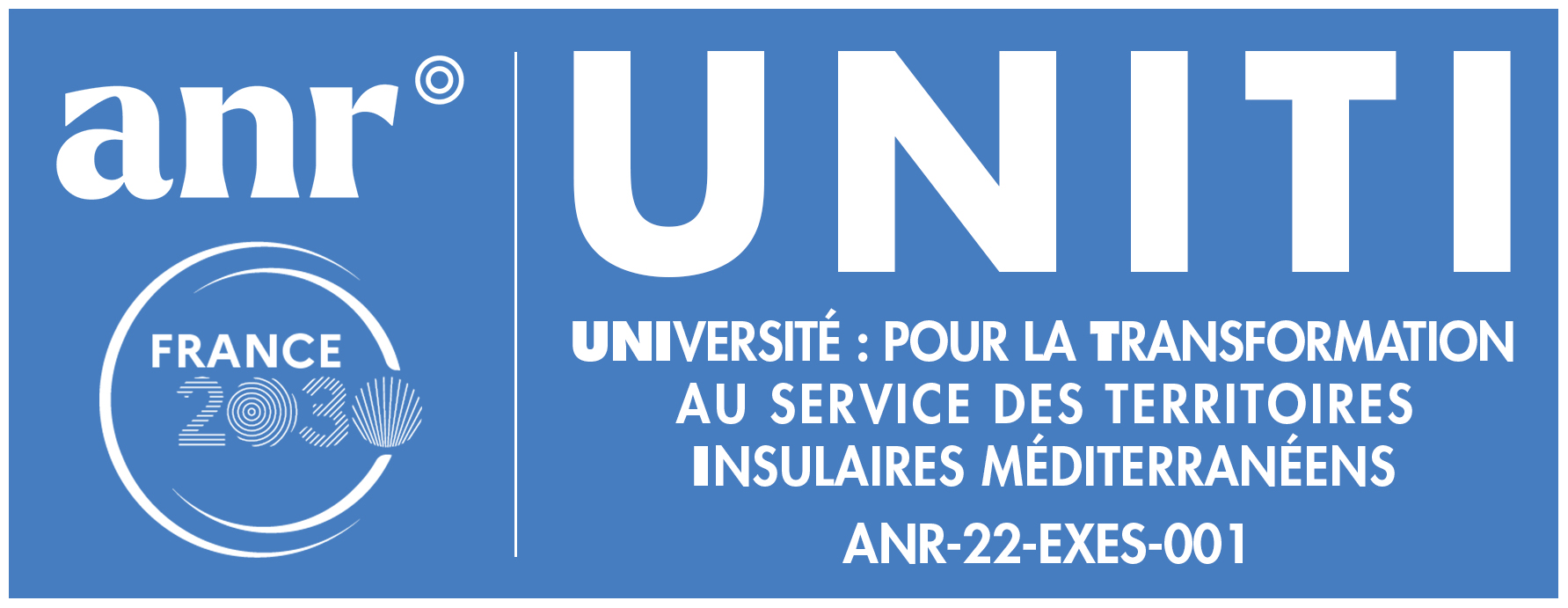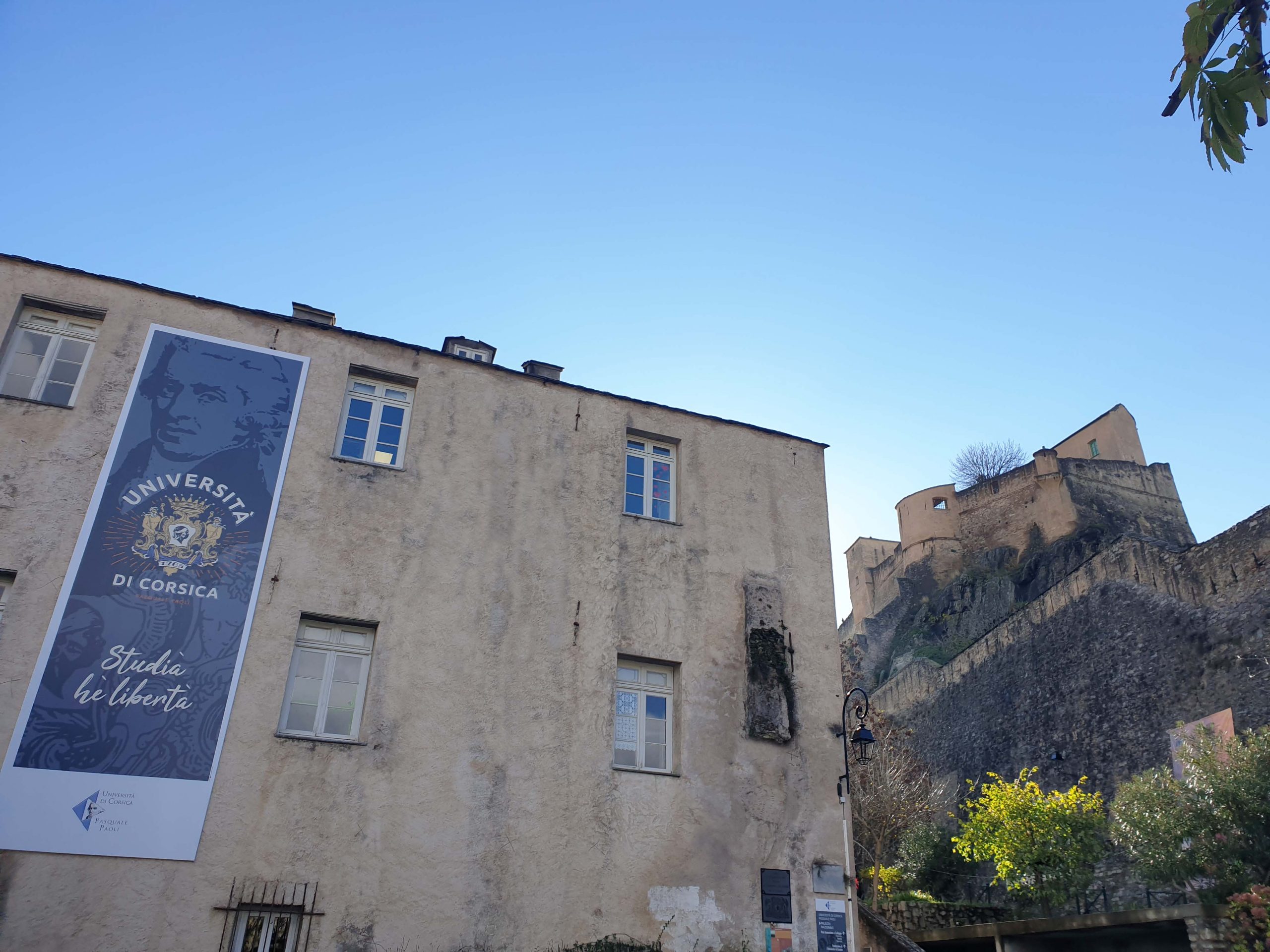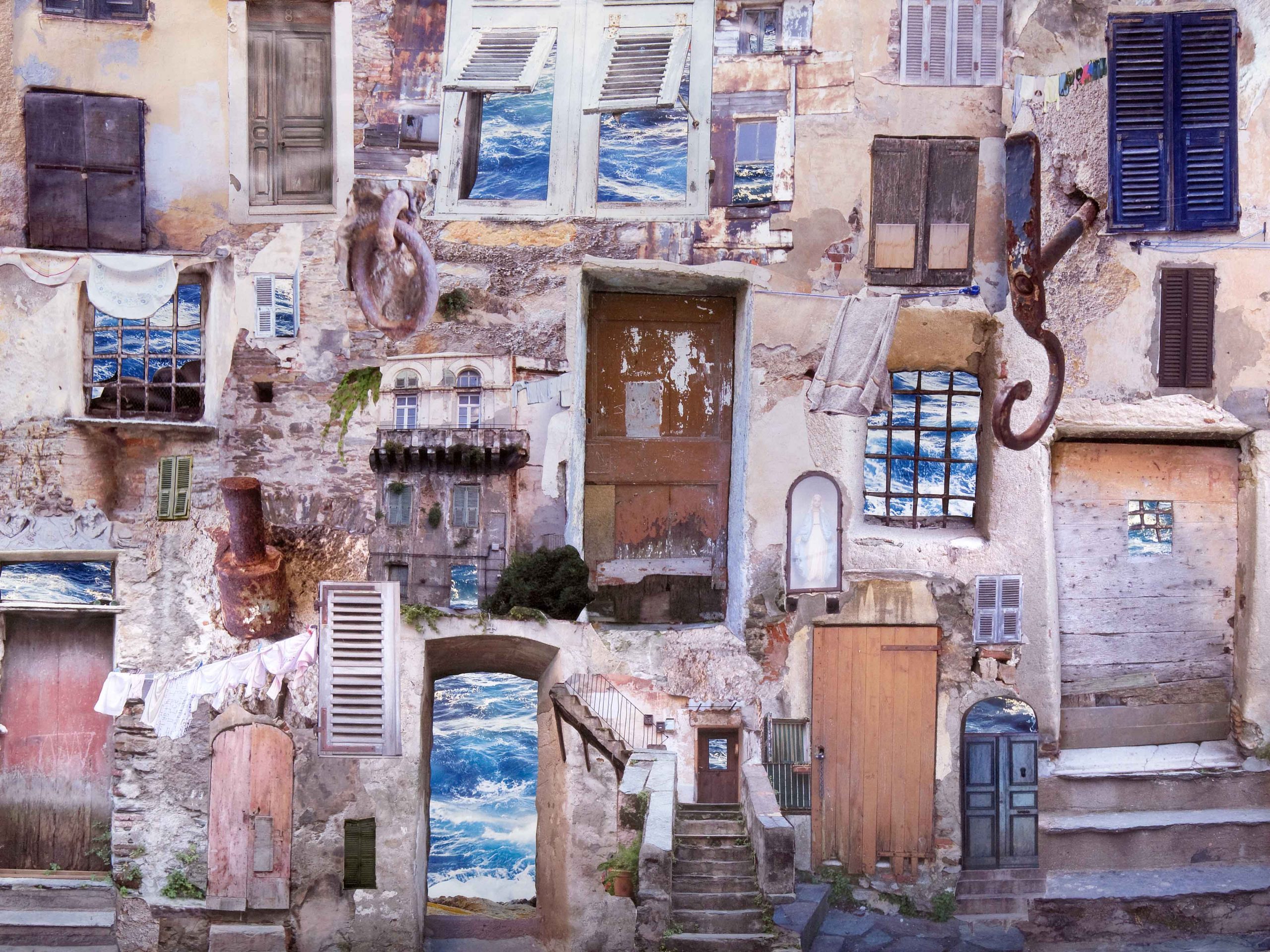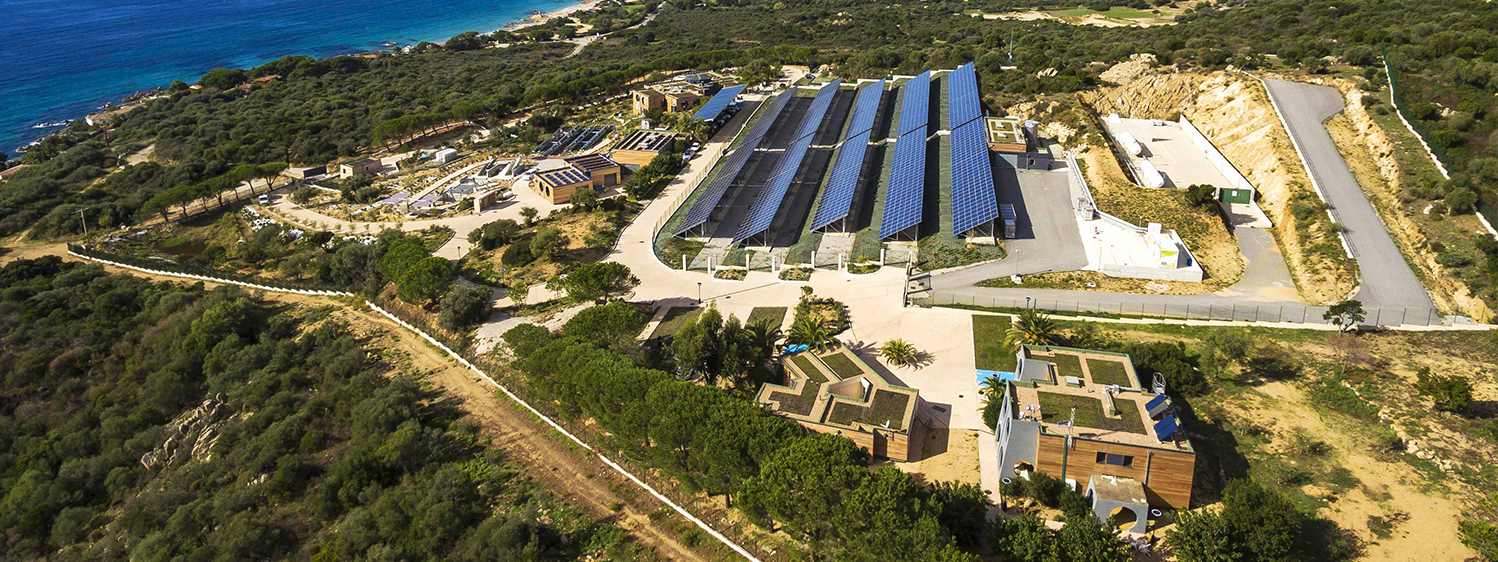
PRIORITY 1 : Developing and strengthening natural resource platforms
Program 1 ► Development and deployment of green hydrogen – H2
Energy planning is an essential element in a sustainable development strategy for island territories. Within the Joint Research Unit (UMR) of the French National Centre for Scientific Research (CNRS) and Environmental Sciences at the University of Corsica, the scientific approach, which has been in place for many years, involves studying energy systems in their entirety, whilst taking into account all the particularities associated with the use of renewable energy sources.
The work focuses on the optimal management of renewable energy resources – the study, optimisation and diagnosis of production systems and the rational use of deterministic energy flows. By setting up the MYRTE (Mission for Renewable Hydrogen for Integration into the Electricity Network) technology platform in 2009 and the PAGLIA ORBA (Advanced Island Electricity Management platform combining storage and renewable energies with an objective of autonomy) technology platform in 2012 at the Georges Peri Scientific Research Centre in Ajaccio, the University has positioned itself as a pioneer in the fields of hydrogen FOR and THROUGH renewable energies and island smart microgrids. These flexible experimental platforms, co-constructed with ALSTOM H2 and CEA Liten, are designed to provide practical support for scientific research and training, as well as initiating technology transfers to partner industrial companies.
In this context, programme 1 is aimed at developing research into the production of electrical energy from renewable energy sources, hybridised with hydrogen storage units controlled by energy grids. It also aims to strengthen training in the field of hydrogen through the the Energy Transition department of the Campus of Trades and Qualifications, in close conjunction with the organisation of the hydrogen sector in Corsica.
The programme is also designed to support the CAPENERGIES competitiveness hub through its Corsican delegation, to bring together all the major local energy bodies, institutions (state-wide and regional), higher education establishments and businesses (the major companies of EDF, ENGIE as well as SMEs working in the field of renewable energies and prescribers (Engineering Office)), in order to work towards the development of this sector in Corsica.
Program 2 ► Working towards marine and coastal engineering in the Euro-Mediterranean area
The sustainable management of fish stocks has become a major issue. The provision of quality data and assessment tools are essential steps in an approach that respects the environment and resource management. The University’s Stella Mare platform has acquired major scientific expertise in the field of marine and coastal engineering.
This programme, led by Stella Mare (Support and Research Unit (UAR) of the French National Centre for Scientific Research (CNRS)/University of Corsica), will enable new management models to be tested in Corsica, based on the direct involvement of stakeholders in the marine environment, with a view to the eco-sustainable exploitation of fishery resources and also through active intervention to maintain or even increase natural stocks. Through target species that are representative of the Mediterranean fishing industry, pilot projects are being developed to enable professionals to implement models for the sustainable exploitation of their resources (ecological restoration, bio-purification of ports, etc.).
This work is carried out in collaboration with scientists, marine professionals and public decision-makers. The innovative tools and technologies developed are made available to these groups in order to facilitate decision-making and encourage the sharing of know-how. The Stella Mare hub aims to establish itself as a leader in marine and coastal ecological engineering. In addition, the centre is continuing to develop by adding a production dimension to its activities, which is a priority objective of this programme (the University has acquired land adjacent to the current site).
The work is based around two projects focusing respectively on the production of spiny lobster (Palinurus elephas) and purple sea urchin (Paracentrotus lividus), with the aim of restoring depleted populations in the Mediterranean.
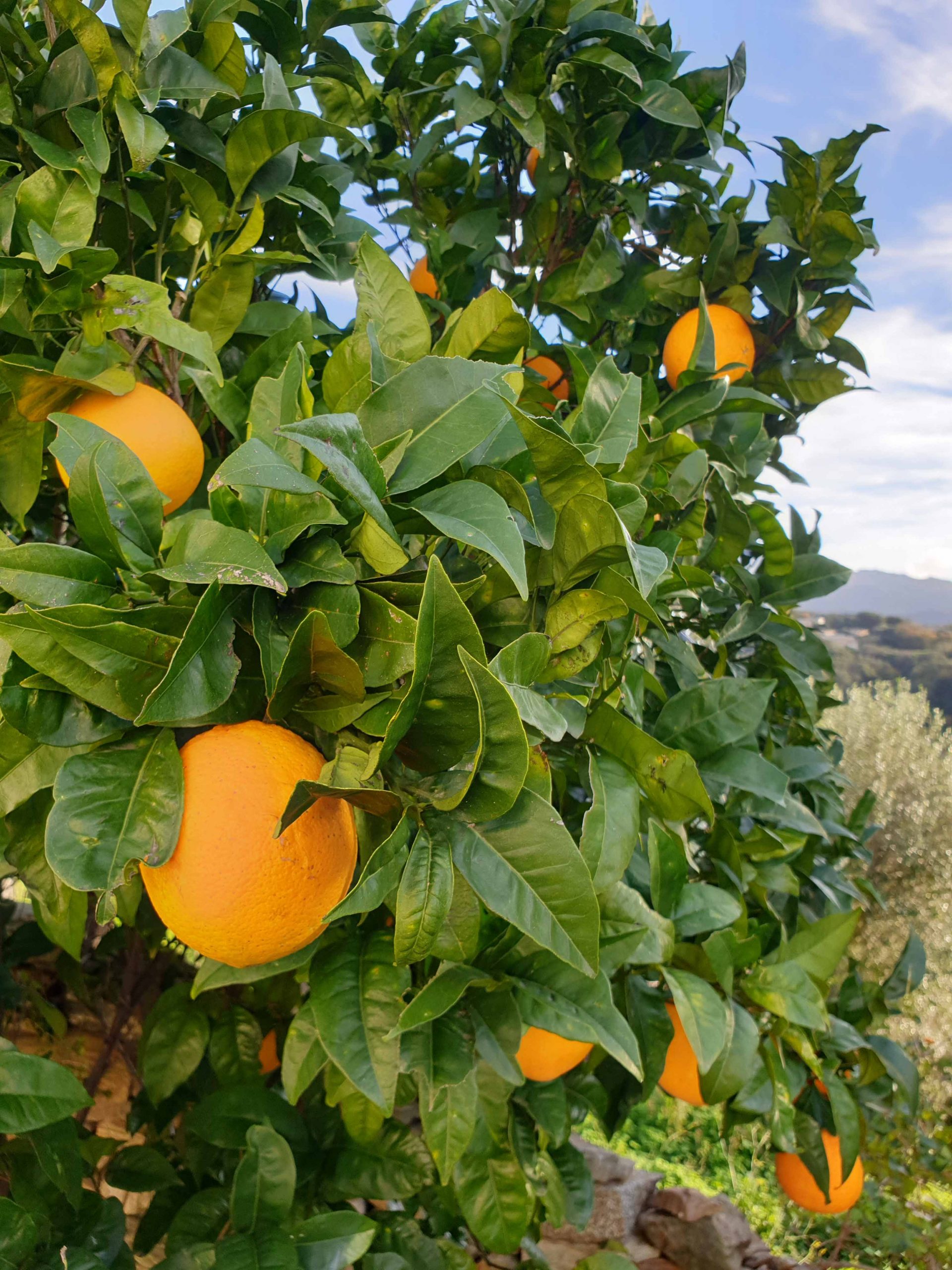
Bernard GIUDICELLI – Head of Steering and Partnerships, PIA UNITI
giudicelli_b@univ-corse.fr | Tel. : 04 95 34 82 37
www.universita.corsica
Program 3 ► Characterisation and adaptation of terrestrial resources facing climate change
Through its insularity and position in the Mediterranean basin, Corsica is an area sensitive to climate change. It is an area favourable to finding solutions to limit the effects of climate change on resources. The University of Corsica is in close contact with local decision-makers and stakeholders, encouraging the implementation of collaborative approaches. Drawing on its experience in terrestrial resources, within the framework of the structural projects “Mediterranean Water Management and Development”, “Natural Resources” and “Feux (Fire)” of the UMR CNRS/University of Corsica Environmental Sciences Laboratory, the University has deployed numerous research projects at regional level (e.g. the Corsican Collectivity), national level (e.g. Ministries, ANR) and international level (e.g. Horizon 2020, Interreg), enabling it to acquire a solid scientific base from which to position itself in the field of climate change, with a multidisciplinary and interdisciplinary focus.
It is around this foundation that programme 3 is being built, through which the University of Corsica is undertaking structural initiatives to deal with climate change, particularly with regard to agricultural resources, water resources and forests. The aim of this programme is to generate new findings in order to understand and anticipate changes in the Earth’s energy balance (forcing), assess the impact and identify levers that can be mobilised in the short term.
To achieve this, a number of interdisciplinary initiatives are being undertaken:
- The study of the impact of climate change on agricultural sustainability (support for the production sector), on surface and groundwater resources, on the development of vegetation fires, and also on the development of digital hydrometeorological forecasting, management and decision-making tools;
- The development of bioprocesses and the search for alternatives to phytosanitary products;
- The examination of legal provisions designed to prevent and limit the effects of climate change;
- The deployment of a circular economy in the agriculture and forestry sectors (reuse of by-products,
support for local production and consumption).
Furthermore, in order to strengthen the link with local regions, the project provides a forum for exchanges between scientists and stakeholders (local authority managers, businesses, producer associations, civil society, etc.). It will be based on the transversal axis within the framework of the international, digital technology and Science With and For Society projects, in order to provide a link between this research and the other Mediterranean islands, stakeholders and society as a whole. In terms of training, the aim is to create a speciality in agronomy engineering linked to climate change, to respond to social and scientific questions about sustainable agriculture that is more respectful of the environment (this would be the 2nd speciality of the University of Corsica’s Paoli Tech engineering school).

